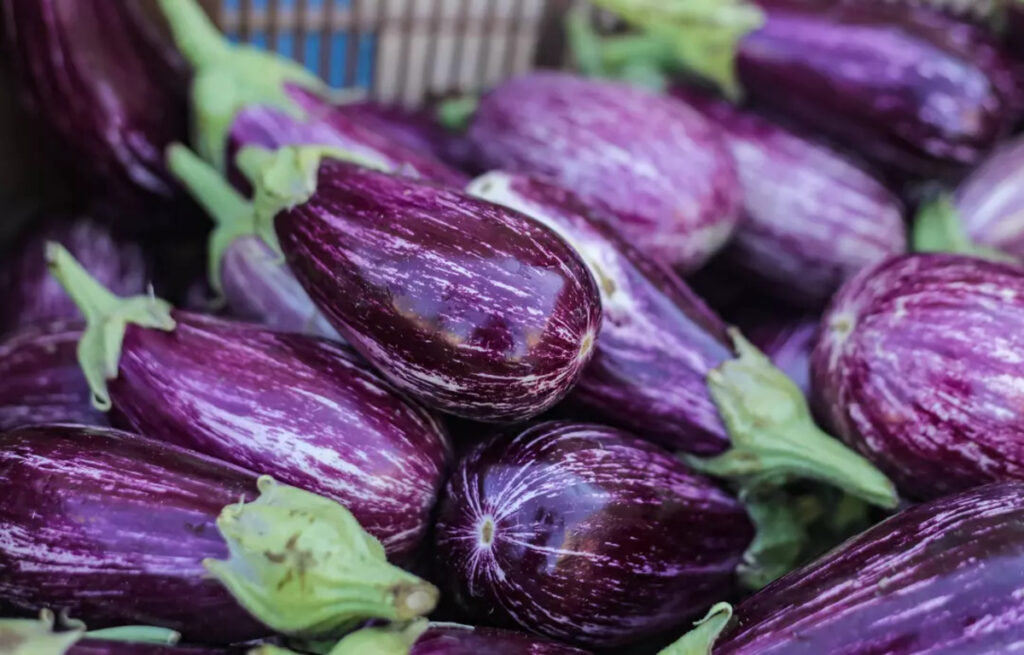There’s a curious paradox when it comes to food choices in France. As a nation known for its love of gastronomy, the French have a complicated relationship with their health. While they’re incredibly focused on their diets, with 43% of the population having tried low-sugar diets and 79% of households paying attention to nutrition, the trend towards overweight and obesity is rising sharply. Today, nearly half of the French population falls into these categories. So, what’s going wrong?
The Role of Vegetables in a Healthy Diet
The problem doesn’t necessarily lie in the traditional French dishes that people hold dear or the fast-food chains that have become ever more common. According to the World Health Organization (WHO), the issue is more fundamental: the French aren’t eating enough vegetables. Despite being a culture that prides itself on food, the average French person consumes only 321 grams of vegetables per day, which is well below the 400 grams recommended by the WHO. Countries like Greece, Italy, Spain, and Austria have a much higher daily intake, highlighting a gap in the French diet that could be contributing to the rise in weight-related issues.
So, with summer here and a bounty of seasonal vegetables available, it might be the perfect time to rethink our choices and consider adding more diversity to our plates. Enter the eggplant—a versatile, flavorful, and surprisingly healthy vegetable that is ready to take center stage.
The Surprising Benefits of Eggplant

Although eggplant is a staple in Mediterranean cuisine, it isn’t one of the French favorites. Yet, it’s time to give this humble vegetable a second chance. With varieties ranging from oval to elongated, and colors spanning from deep purple to white and striped, eggplant packs a nutritional punch while remaining low in calories—just 25 calories per 100g. Its high water content (about 90%) and fiber make it great for satiety, helping you feel full without overeating, making it a perfect addition to a weight management plan.
But the benefits of eggplant don’t stop at weight management. The texture and versatility of this vegetable make it ideal for replacing higher-carb foods in your diet. Think of swapping pasta for julienned eggplant or making a lighter version of a Greek moussaka or Sicilian caponata. These dishes allow you to enjoy the same rich flavors while keeping your calorie intake in check. And if you’re feeling adventurous, try making a cold infusion with the skin of the eggplant, which has been shown to have anti-inflammatory and cholesterol-lowering properties.
Eggplant is not just good for your waistline—it also supports your liver and gallbladder, aiding in the elimination of toxins from your body. Plus, the antioxidants in its skin can boost heart health. So, next time you reach for an eggplant, remember that the skin is where most of the nutrients are concentrated, and it’s best not to peel it off.
A Few Tips for Cooking Eggplant
Like many vegetables, eggplant can absorb a lot of fat during cooking, which could potentially undermine its diet-friendly benefits. To avoid this, it’s recommended to cook it steamed or roasted without any added fats. This method allows you to enjoy all the health benefits of eggplant without worrying about excess calories. The key is in the cooking technique, and with a little creativity, eggplant can easily become a staple in your healthy eating routine.
While it’s easy to overlook the power of vegetables in shaping a healthier diet, the rising interest in eggplant as a healthy food choice is a trend that could help reshape how we think about nutrition. With its versatility, nutritional benefits, and ability to support weight management, this underappreciated vegetable has a lot to offer.
So, the next time you’re planning your meals, consider the humble eggplant. It might just change everything you know about healthy eating and provide the boost your diet needs—without sacrificing flavor.






